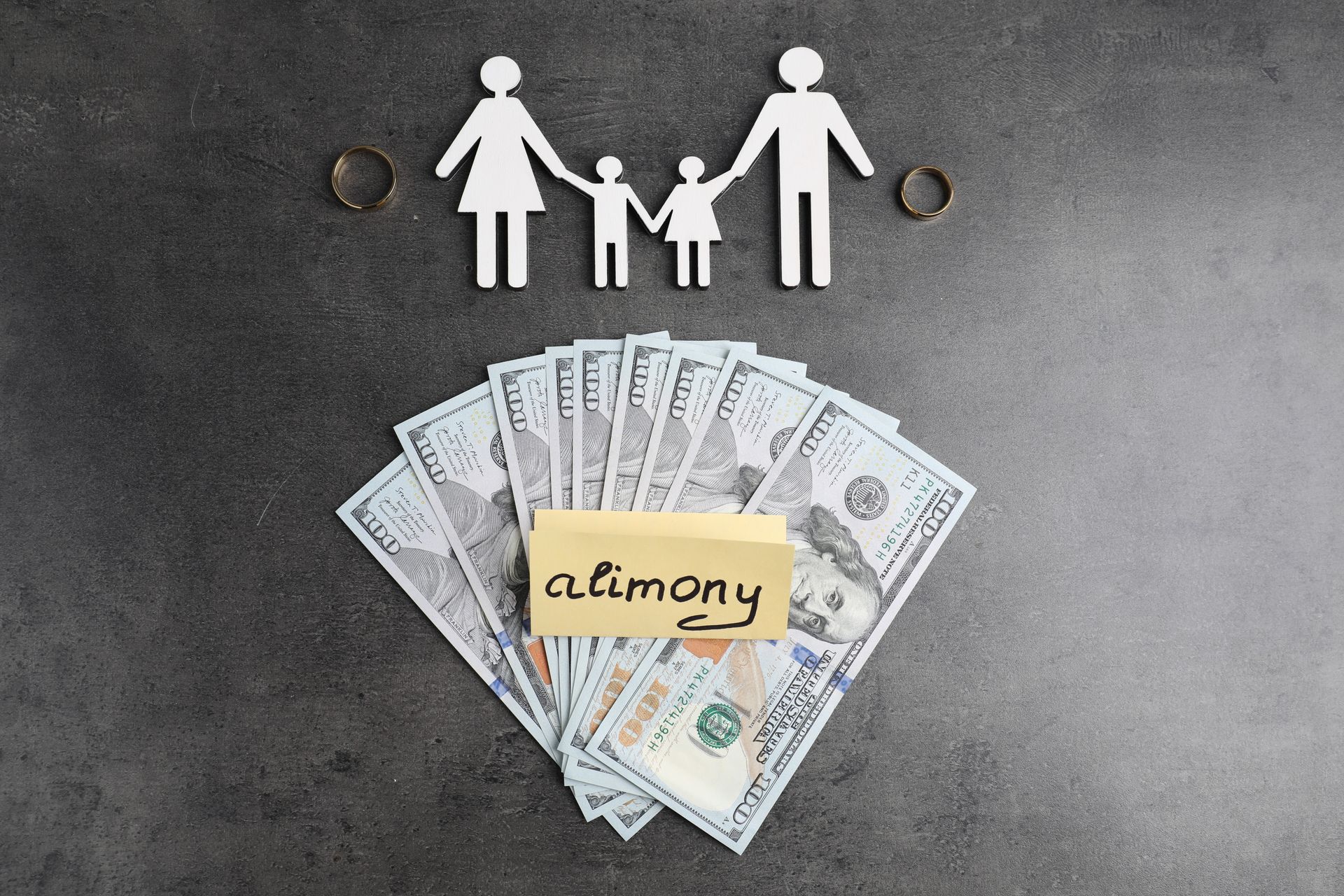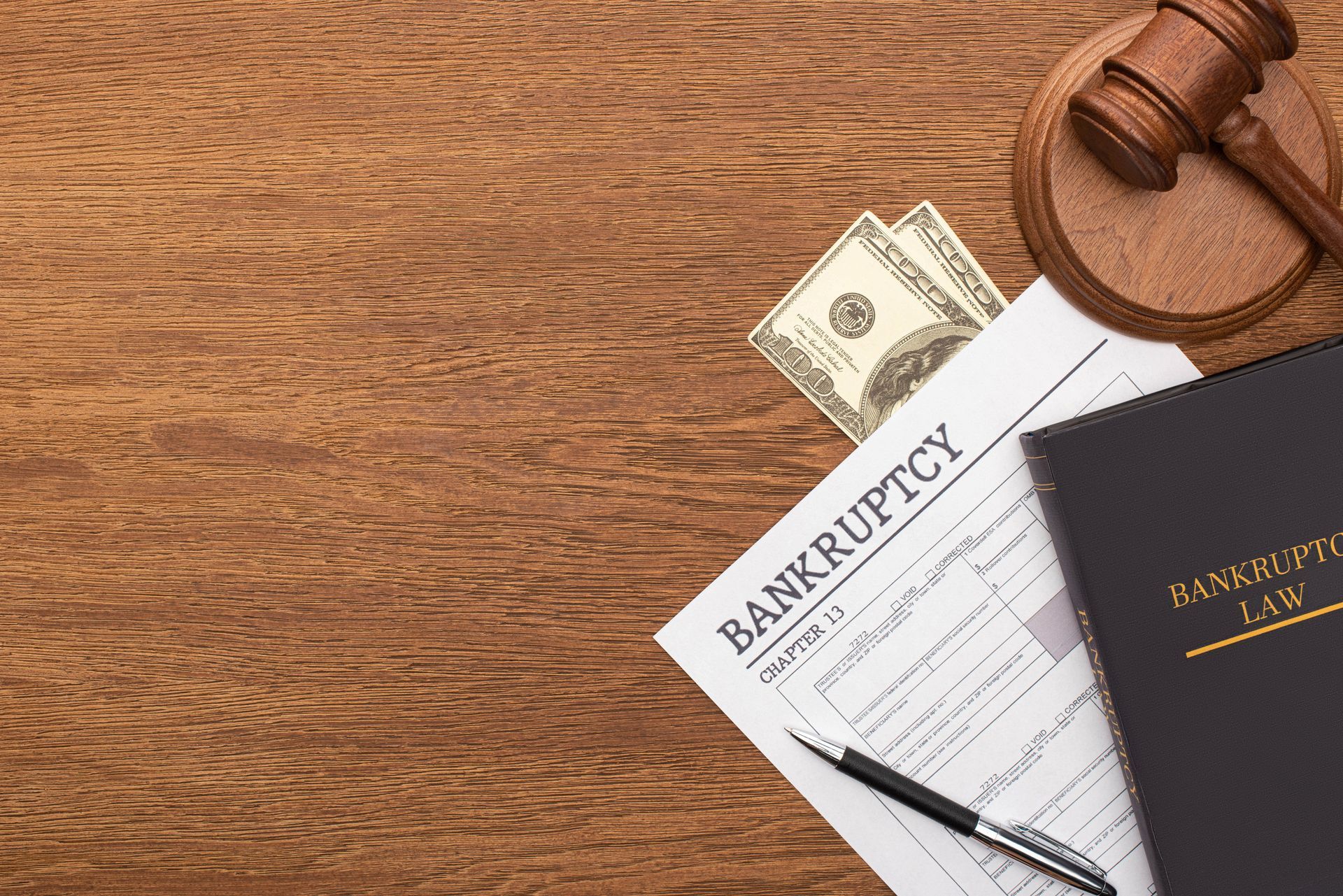Contact Us
Phone: 864-900-9323
Location
414-D Pettigru St.
Greenville, SC 29601
Hours
- Mon - Thu
- -
- Friday
- -
- Sat - Sun
- Closed
Call Now: 864-900-9323
Schedule a Case Evaluation
Contact us now!
Practice Areas
Hours
- Mon - Thu
- -
- Friday
- -
- Sat - Sun
- Closed
Disclaimer: The information on this website is for general information purposes only. Nothing on this site should be taken as legal advice for any individual case or situation. This information is not intended to create, and receipt or viewing does not constitute an attorney-client relationship.
© 2026
All Rights Reserved | Jason Ward Law, LLC | Powered By Convert It Marketing | Privacy Policy
© 2026
All Rights Reserved | Jason Ward Law, LLC | Powered By Convert It Marketing | Privacy Policy











